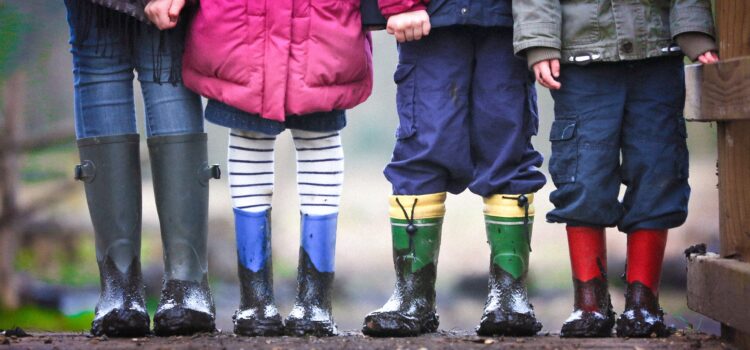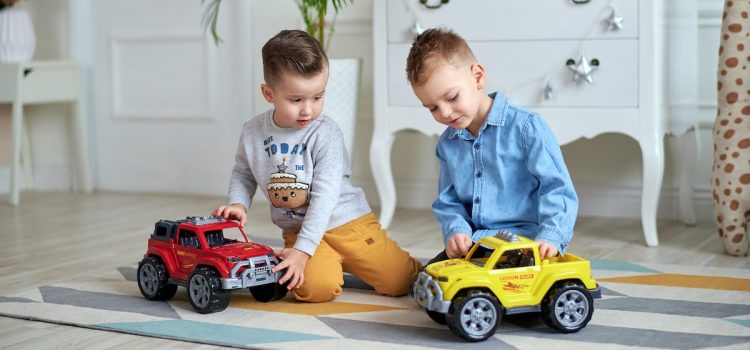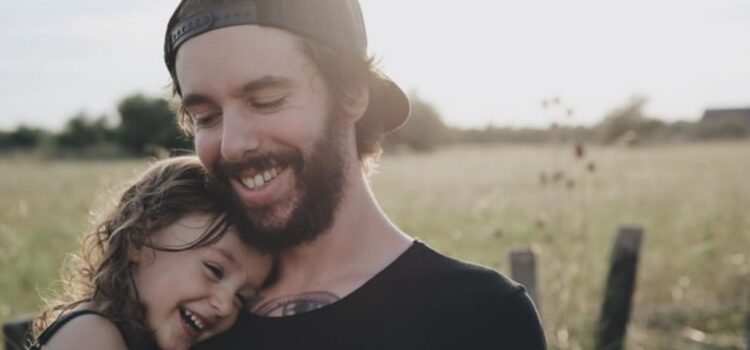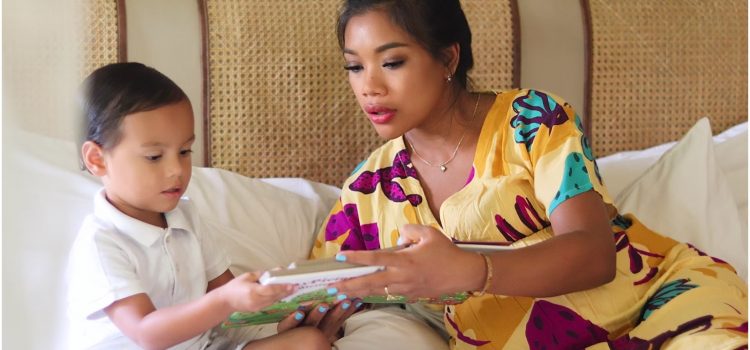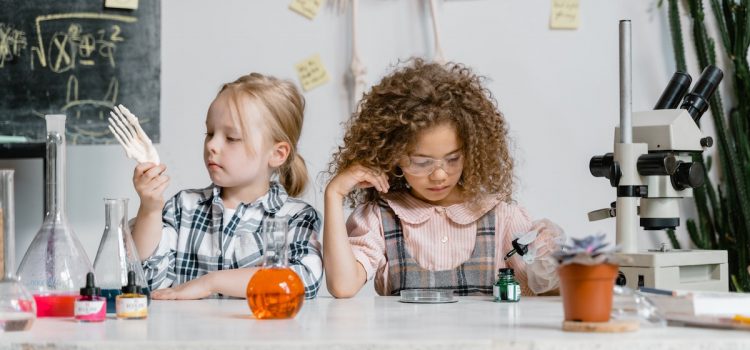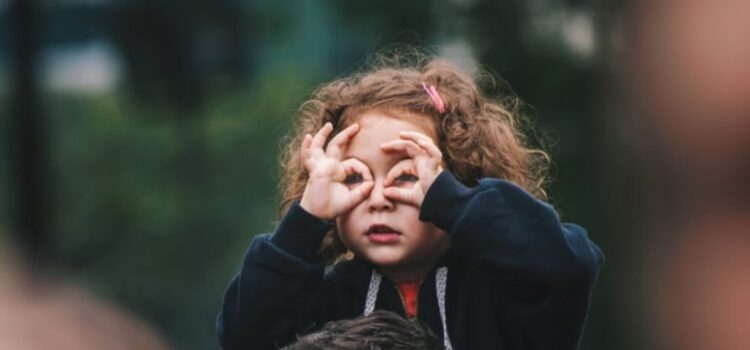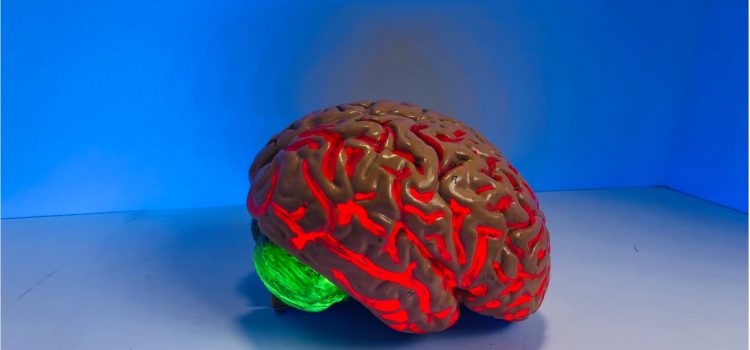How did Debra McCurdy help her daughter Jennette become a star? What was Jennette McCurdy’s relationship like with her mom? Jennette McCurdy’s book I’m Glad My Mom Died describes the relationship between her and her mother as toxic. Her mother did everything possible to ensure Jennette would be a successful actor but sacrificed crucial parental qualities in the process. Keep reading to learn more about the difficult relationship between Jennette McCurdy and mom Debra.
Jennette McCurdy and Her Mom’s Toxic Relationship


